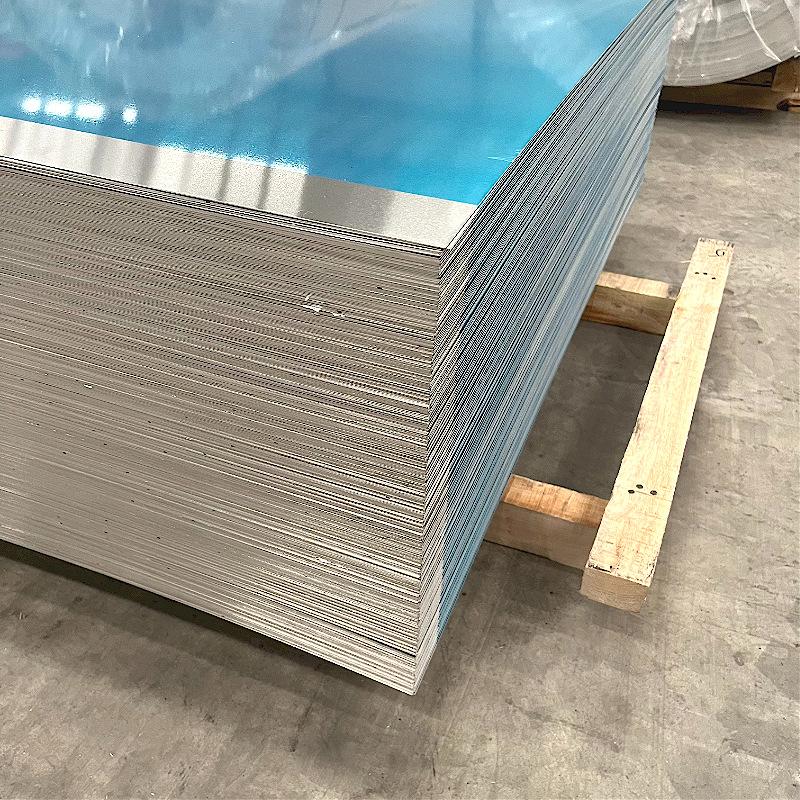When choosing materials for construction projects, the decision between aluminum and steel sheets often arises. Both materials offer distinct advantages and disadvantages, making it crucial to weigh their properties carefully to select the best option for specific applications.
Aluminum Sheets
Pros:
Lightweight: Aluminum is significantly lighter than steel, making it easier to transport and install.
Corrosion Resistance: Aluminum forms a protective oxide layer that prevents corrosion, making it suitable for various environments, including coastal areas.
High Strength-to-Weight Ratio: Aluminum offers excellent strength-to-weight ratio, allowing for the creation of strong and lightweight structures.
Ductility: Aluminum is highly ductile, enabling it to be formed into various shapes and sizes.
Recyclability: Aluminum is 100% recyclable, making it an environmentally friendly choice.
Cons:
Lower Strength: Compared to steel, aluminum has lower tensile strength, limiting its use in certain high-stress applications.
Higher Cost: Aluminum is generally more expensive than steel, particularly for large-scale projects.
Thermal Expansion: Aluminum expands and contracts more than steel with temperature changes, requiring careful consideration in design and installation.
Steel Sheets
Pros:
High Strength: Steel offers superior strength and durability, making it suitable for heavy-duty applications.
Cost-Effective: Steel is generally more affordable than aluminum, especially for large-scale projects.
Versatility: Steel can be easily shaped and welded, offering versatility in design and construction.
Cons:
Heavier Weight: Steel is heavier than aluminum, making transportation and installation more challenging.
Susceptibility to Corrosion: Steel is prone to rust and corrosion, especially in humid environments.
Requires Maintenance: Steel structures may require regular maintenance, such as painting or galvanizing, to prevent corrosion.
Choosing the Right Material
The best choice between aluminum and steel sheets depends on various factors, including:
Structural Requirements: For high-strength applications, steel may be more suitable. For lightweight and corrosion-resistant structures, aluminum is a better option.
Budget: Steel is generally more cost-effective, while aluminum offers superior performance but at a higher cost.
Environmental Impact: Aluminum's high recyclability makes it a more environmentally friendly choice.
Maintenance Requirements: Aluminum requires less maintenance than steel, reducing long-term costs.
By carefully considering these factors, you can make an informed decision to select the most appropriate material for your construction project.









Share this page with your family and friends.